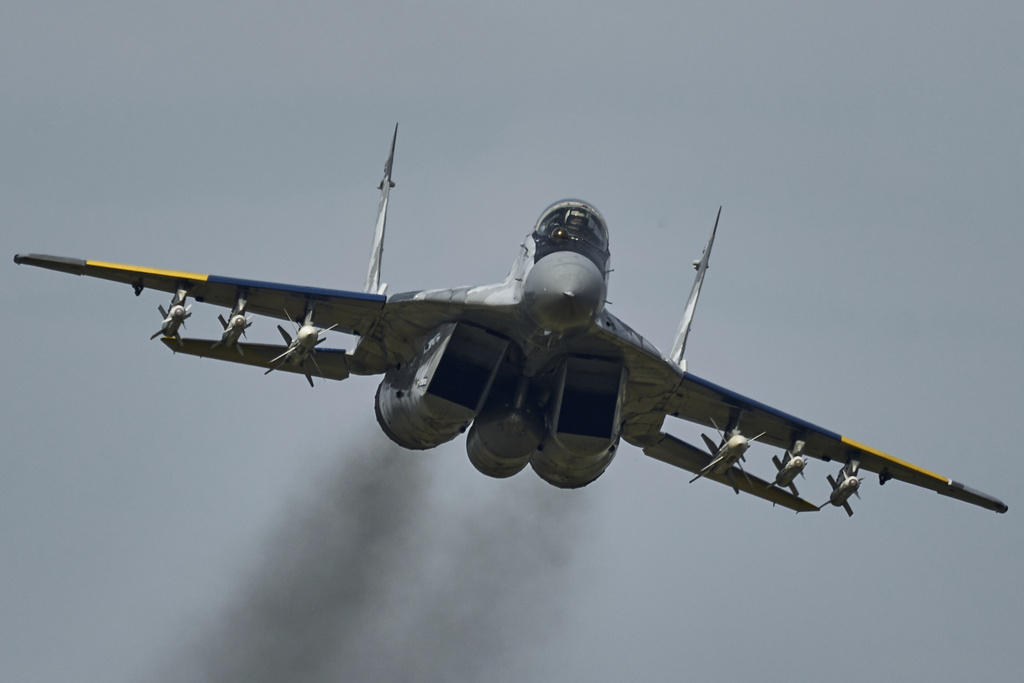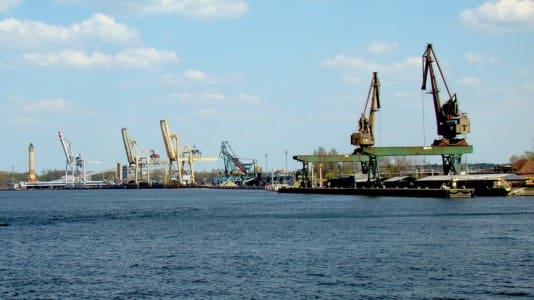The Ukrainian counteroffensive has been going on for 60 days, with small territorial gains and enormous losses. Kyiv will not be able to push back the Russian aggressor. All indications are that this conflict will be frozen.
Things are not going well for Kyiv in the Ukraine war — at least judging by its own claims of wanting to retake all the territory captured by Russia. There is currently nothing to suggest that this could still succeed at some point. The Ukrainian counteroffensive, which entered its intensive phase a little over a week ago with massive attack attempts by Kyiv in the area around Zaporizhzhia in southern Ukraine, has failed so far.
With enormous losses, Ukraine has only been able to regain about 240 square kilometers — an area the size of the German city of Duisburg. The Ukrainian armed forces are only moving forward at a snail’s pace, and it is a race against time because the rainy season begins in October. It is now becoming apparent that the West’s hopes of turning the tide by turbo-training thousands of Ukrainian soldiers and providing modern war equipment in limited numbers is not working out.
According to military experts such as Franz-Stefan Gady, the Ukrainian troops have too few mobile units that are capable of fighting with linked, i.e., coordinated, weapons. In addition, the West’s irresponsible hesitation in supplying weapons has contributed to the fact that the Russians have had more than six months to calmly erect hectare-sized minefields and robust defense lines.
As the West drags its feet over providing air support, Kyiv lacks fighter jets, which means that the mine-clearing troops, who often have to work by hand, also come under fire. Ukraine also lacks short-range mobile defense systems such as the German Gepard anti-aircraft gun tank or American Avenger system. But there is also a lack of tanks and armored vehicles, as well as minesweepers and long-range air-to-surface cruise missiles like the German Taurus to hit Russian targets far behind the front lines.
In a few months, Ukraine is also likely to have a serious ammunition problem, such as that predicted by analyst Konrad Muzyka. It has to be said so clearly: The West, out of an irrational fear of Putin’s revenge — despite all claims to the contrary — is letting Kyiv starve on its long arm.
The conflict will be frozen, just as in the case of North and South Korea, for example. These are likely to be bad years for millions of Ukrainians. Membership in NATO and the EU will be a long way off, foreign investors will hardly invest because of the uncertain situation, and the reconstruction of the rest of Ukraine will be much slower than currently hoped.
What is the argument for a ceasefire by March of next year at the latest? On the Ukrainian side, the lack of success is likely to lead to increasing frustration among soldiers and civilians, and there are fewer and fewer reservists willing and able to serve.
Next year’s elections in the U.S. and Russia are likely to weaken U.S. President Joe Biden’s support for Ukraine — against the backdrop of the cost of the war and criticism of it by Republicans. On the other hand, they are likely to further fuel Putin’s will to fight. Meanwhile, war fatigue will spread in the West, and governments are likely to lose their appetite to once again supply weapons on a large scale in 2024. The foreseeable defeat of the brave Ukraine will then also be the fault of the hesitant German Chancellor Olaf Scholz.






